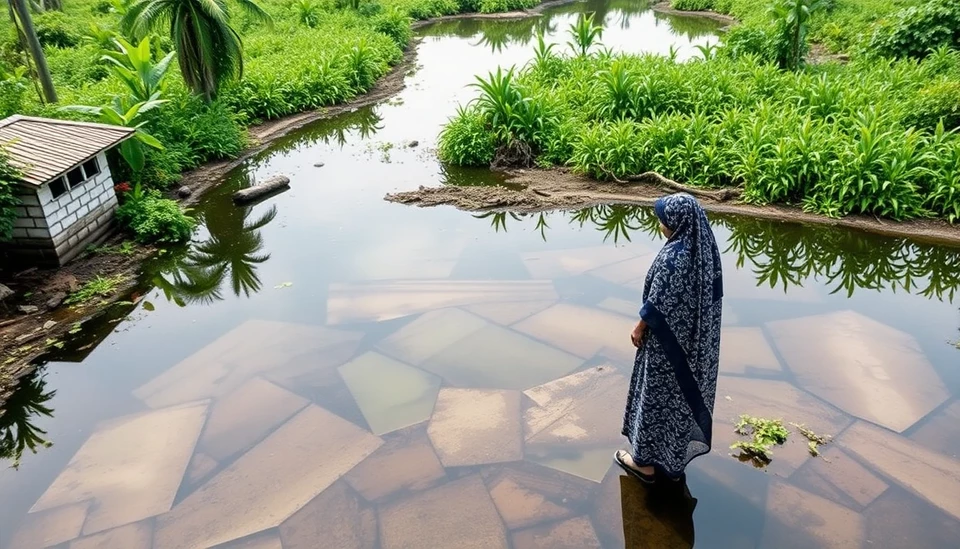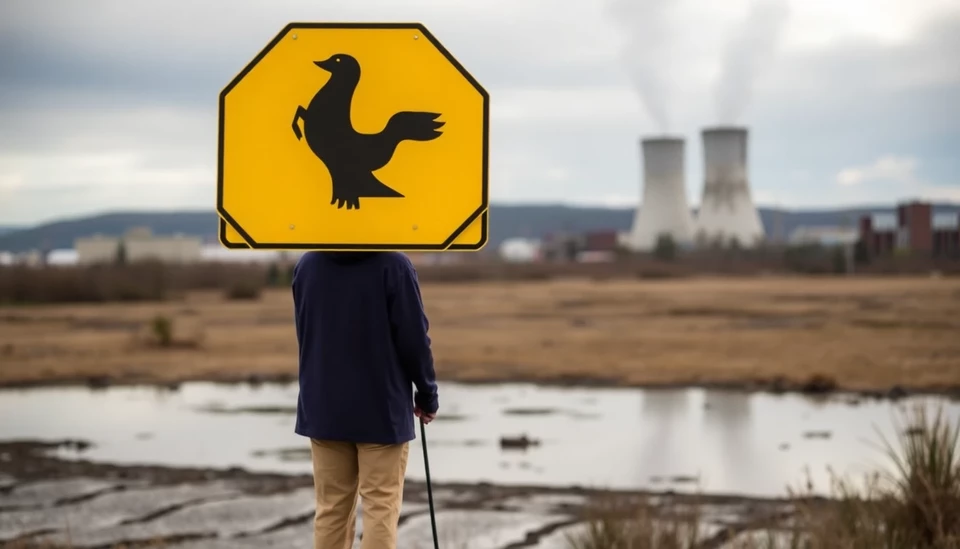
As the global community grapples with the impacts of climate change, a fresh perspective is emerging on how insurance can serve as an essential tool for developing countries. These nations, often the most vulnerable to environmental disasters, are looking toward innovative insurance solutions to bolster their resilience against climate-related adversities.
The perilous effects of climate change have become increasingly evident, with developing regions experiencing more frequent and severe weather events such as hurricanes, floods, and droughts. For many of these countries, the financial burden of recovery is overwhelming, placing immense strain on already limited resources. However, experts believe that by utilizing insurance not just as a safety net but as a proactive financial strategy, these nations can mitigate risks and better prepare for the uncertainties ahead.
Recent discussions at the United Nations Climate Change Conference highlighted the urgency of integrating climate risk insurance into broader climate adaptation and resilience strategies. This approach aims to provide countries with the necessary financial tools to cope with the ramifications of climate disasters, fostering a sense of security and enabling faster recovery processes.
One of the focal points of this initiative is the development of parametric insurance models. Unlike traditional insurance, which relies on assessing damage after a disaster has occurred, parametric insurance pays out based on predetermined parameters, such as the amount of rainfall or wind speed. This allows for quicker disbursement of funds, crucial for communities that need immediate assistance to restore livelihoods and rebuild infrastructure.
Several case studies are already demonstrating the potential of insurance to protect vulnerable populations. In countries like Kenya and Tanzania, innovative insurance programs have been piloted, providing farmers with coverage against droughts and other climate-related events. The immediate financial relief afforded by these programs enables farmers to invest in recovery efforts rather than facing crippling debt following a crisis.
Moreover, the recent introduction of sustainable insurance models encourages international collaboration and investment. By securing partnerships with global insurers, developing nations can create localized solutions tailored to their specific climate challenges. This collaborative framework not only strengthens local capacities but also aligns with global sustainability goals, ensuring that investments contribute positively to climate adaptation and resilience.
Experts advocate for the integration of insurance into national policies and strategies, urging governments in developing countries to recognize the critical role of financial instruments in addressing climate risk. By crafting supportive regulatory environments and promoting awareness, these nations can harness the power of insurance to strengthen their economic stability in an era of climate unpredictability.
As the climate crisis intensifies, the conversation around financial instruments like insurance is becoming increasingly important. The pathway to effective climate adaptation will require a concerted effort to innovate and implement solutions that empower vulnerable communities. By placing insurance at the forefront of climate strategies, developing countries have a chance to not only withstand the upcoming challenges but to thrive despite them.
In conclusion, as discussions continue at international forums, the emphasis on insurance as a vital protective mechanism is likely to grow. With the right investments and policy frameworks, insurance could emerge as a cornerstone in the fight against climate change, offering a lifeline to those most affected by its consequences.
#ClimateChange #Insurance #DevelopingCountries #ClimateAdaptation #SustainableFinance
Author: Megan Clarke




